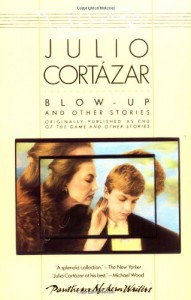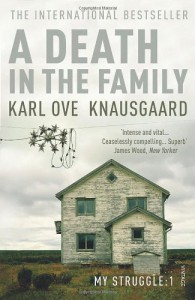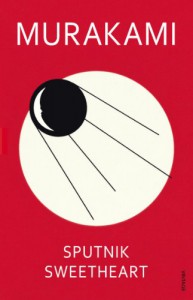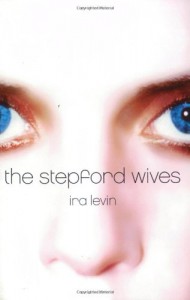
By Night In Chile
 And so I move from a book for which there were three reviews (Ivan Klima's 'My First Loves') to this with over 700... Strange how acclaim accumulates in reading circles - rock star status for some, the cabaret circuit for others equally worthy of our praise. In terms of reputation, then, Bolaño puts me in mind of Murakami. In Bolaño's case, the fuss is merited, to some extent at least.
And so I move from a book for which there were three reviews (Ivan Klima's 'My First Loves') to this with over 700... Strange how acclaim accumulates in reading circles - rock star status for some, the cabaret circuit for others equally worthy of our praise. In terms of reputation, then, Bolaño puts me in mind of Murakami. In Bolaño's case, the fuss is merited, to some extent at least. As ever with Bolaño, there is an extravagantly-named protagonist - Father Sebastian Urrutia Lacroix, in this case - and a large cast of extravagantly-named others, some of whom are genuine historical figures and some pure invention. It concerns the sick-bed (and possibly, death-bed) reminiscences of a Chilean priest who is also a literary critic and minor poet. The priest joins the reactionary and secretive Catholic organisation, Opus Dei, becoming its "most liberal member". The crux of the novella explores Urrutia's ambiguous relationship with Augusto Pinochet's appalling neo-Falangist dictatorship (you remember him, the friend of Margaret Thatcher..)
'By Night in Chile' is an example of the one-paragraph, stream-of-consciousness novel. In this, it's nothing new. Garcia Marquez's 'The Autumn of the Patriarch' and Bernhard's 'Old Masters' spring to mind. It does mean, though, it's unlikely to prove a good read for those who like their fiction broken up into readily consumed pieces. I found it thoroughly engaging. The compromised nature of Father Urrutia (think of Greene's 'Whisky Priest' here), the surreal and menacing nature of the episodes and some beautiful imagery compelled me to read it almost in one sitting. Well, in one lying, actually... I write this while propped up on one elbow like Urrutia himself, nursing a lower back injury...

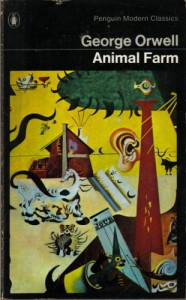
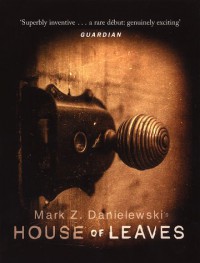
 )
)




